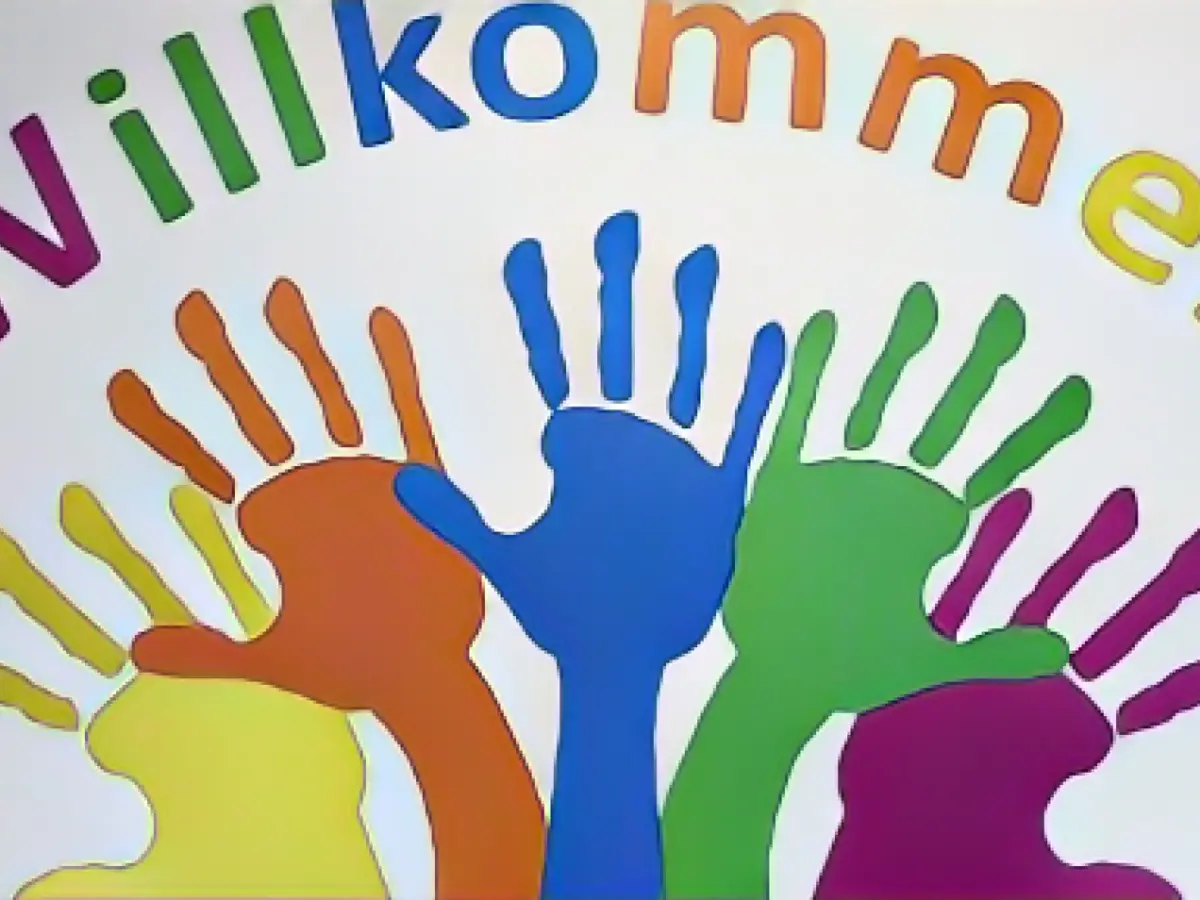Church - Refugees find protection in communities: Children among them
Church asylum has been granted to 75 people in parishes in the Evangelical Church of Central Germany (EKM) this year. This is a significant increase, according to the EKM: in the previous year, church asylum was granted to around 50 people. According to the Ecumenical Federal Working Group "Asylum in the Church", refugees can be protected from deportation through church asylum if this deportation poses a threat to life, limb and freedom.
There has also been a significant increase in the respective federal states: in Saxony-Anhalt, 38 people were granted church asylum in 2023, compared to 28 in the previous year. In Thuringia, this has been the case for 47 people so far this year and 26 last year.
However, the total number of church asylums fluctuates over the course of the year, emphasized an EKM spokesperson. For example, 23 people, including five children, are currently under special protection in Thuringia and 14 people, including two children, in Saxony-Anhalt. Most of the people come from Syria and Afghanistan. However, some also came from Iraq and the Russian Federation.
"In my view, the number of church asylums is increasing, although the number of requests is significantly higher," said Petra Albert, Commissioner for Migration and Interreligious Dialogue at the EKM. The Green Party's reasons for granting church asylum have basically remained unchanged for years: "As a church, we can't do anything else, we have to get involved when people are in humanitarian emergencies."
For example, the Dublin Regulation does not cover all humanitarian constellations, particularly in the area of family. The Dublin Regulation stipulates that asylum seekers are registered in the country where they first enter the European Union. This country should then also be responsible for the asylum application. "There are also still countries to which refugees do not want to return under any circumstances, as they have had to go through new traumatic experiences there in addition to everything they have already had to endure," emphasized Albert.
According to"Asylum in the Church", the start and end of a church asylum is decided by the respective congregation. This is because they must provide care and support for the entire duration.
Ecumenical Federal Working Group Asylum in the Church
Read also:
- City celebrates spoken word at the "Spoken Arts Festival"
- Wissing: Rhine deepening urgently required
- Prussia fans riot in Saarbrücken: 20 slightly injured
- Half a million in property damage after fire in apartment building
- "Post with a heart": Christmas campaign starts again
- Police car rams into lamppost: both officers injured
- In Thuringia, 26 individuals sought church asylum last year, but this year, 47 people, including five children, have found protection through this means.
- The Evangelical Church of Central Germany, composed of states like Thuringia and Saxony-Anhalt, has seen a significant increase in church asylum grants, now providing shelter to 75 people this year.
- Refugees seeking asylum in Central Germany can potentially avoid deportation if it poses a threat to their life, liberty, or freedom, as stated by the Ecumenical Federal Working Group "Asylum in the Church."
- The city of Magdeburg, located in Saxony-Anhalt, is a part of Central Germany, where 14 individuals, including two children, currently benefit from church asylum protection.
- The church asylum process, initiated and concluded by the respective congregation, requires ongoing care and support from the community, as outlined by the Ecumenical Federal Working Group "Asylum in the Church."
Source: www.stern.de








